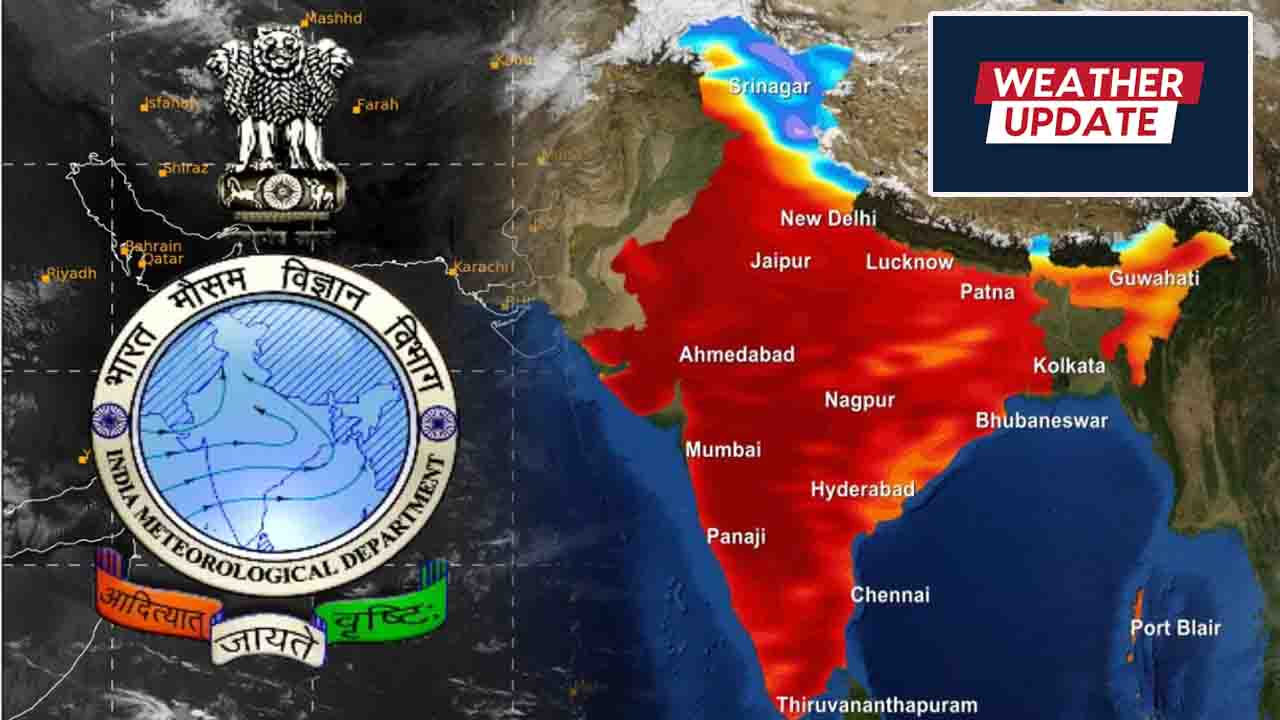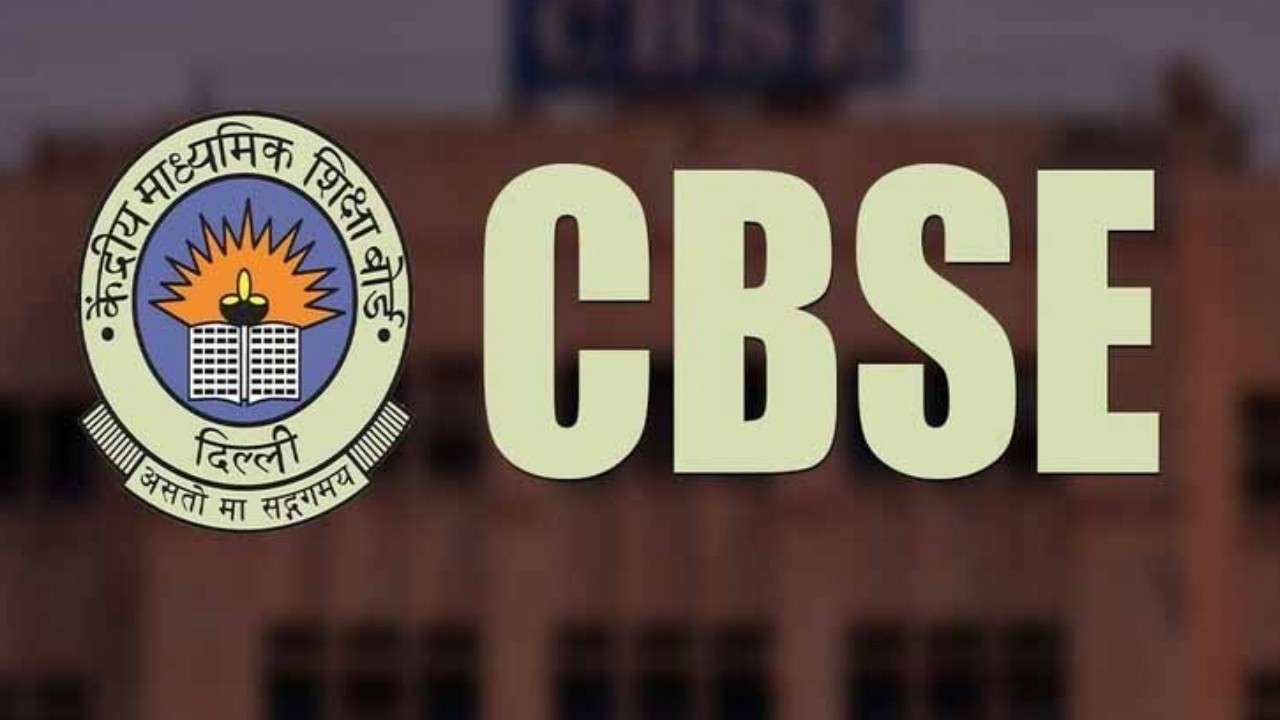In a festive season boon for car buyers across India, a significant overhaul of the Goods and Services Tax (GST) structure is set to drive down prices across various vehicle segments, making this Deepavali a prime time to purchase a new car. Announced on September 4, 2025, the revised tax policy will deliver substantial savings, with entry-level and mid-segment cars priced up to ₹14 lakh seeing the most dramatic reductions of up to 13%, while high-end cars and SUVs will benefit from price drops of 7-10%. This move is expected to boost demand in the automotive sector, particularly during the festive period when consumer spending traditionally peaks.
The GST Council’s decision targets a wide range of vehicles, with the most significant benefits directed toward price-sensitive buyers in the entry-level and mid-segment categories. Small cars powered by petrol, LPG, or CNG with engine capacities below 1200cc, as well as diesel cars up to 1500cc and under 4 meters in length, will now attract a reduced GST rate of 18%, down from the previous 28%. Additionally, the earlier cess of 1% to 3% on these vehicles has been eliminated, further lowering costs. This reduction is poised to make popular models like the Maruti Suzuki Alto, Swift, and Tata Tiago more affordable, appealing to first-time buyers and families looking to upgrade during the festive season.
High-end cars and SUVs, typically equipped with engines above 1200cc, are also set to become more accessible, with price cuts ranging from 7% to 10%. While the exact GST rate for these vehicles was not specified in the announcement, the reduction in associated cess and tax burdens is expected to lower the cost of luxury sedans, premium SUVs, and performance vehicles. Brands like Hyundai, Toyota, and Mahindra, which cater to both mid-range and premium segments, are likely to see increased interest as buyers capitalize on these savings.
The timing of the GST cut aligns perfectly with Deepavali, a period when car sales traditionally surge due to cultural preferences for purchasing big-ticket items during auspicious times. Industry experts predict that the price reductions will stimulate demand, particularly in the entry-level and mid-segment markets, where affordability is a key driver. “This is a game-changer for the automotive industry,” said an analyst from the Federation of Automobile Dealers Associations. “The 13% price drop for smaller cars will make them highly attractive to young professionals and middle-class families, while the 7-10% reduction for SUVs could draw in aspirational buyers.”
The GST overhaul is also seen as a strategic move to bolster India’s automotive sector, which has faced challenges from rising input costs and global supply chain disruptions. By reducing taxes, the government aims to spur consumer spending, support dealerships, and drive economic activity in a key manufacturing industry. Carmakers are expected to pass on these savings to consumers, with some brands already announcing revised ex-showroom prices to reflect the new tax structure.
As showrooms gear up for a busy Deepavali season, buyers are advised to act quickly to take advantage of the reduced prices. Dealerships are likely to offer additional festive discounts, financing schemes, and exchange bonuses to further sweeten the deal. With entry-level cars becoming more affordable and premium models seeing significant price cuts, this festive season promises to be a golden opportunity for car buyers across India to drive home their dream vehicle at a fraction of the usual cost.









